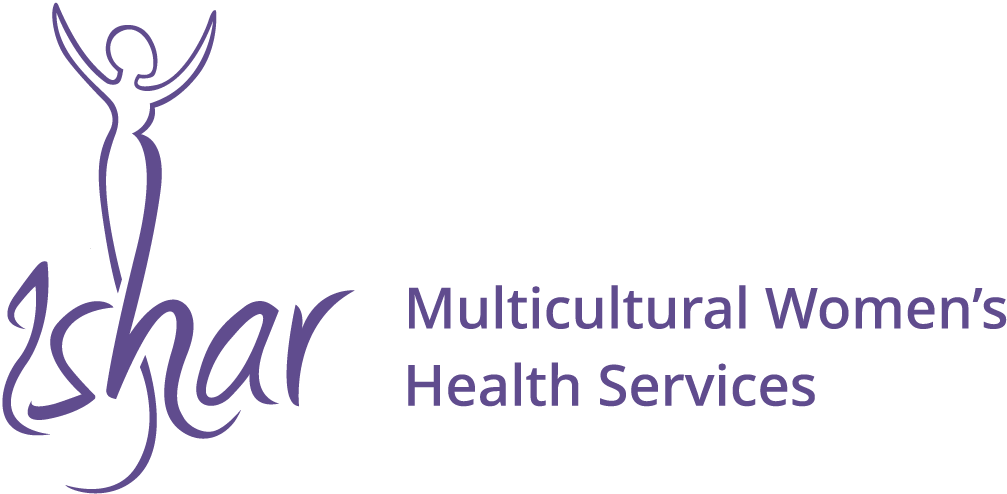R U Ok? Ask the question & listen
Every year on the second Thursday of September, we are reminded to check in on our friends and family. This reminder is known as ‘R U OK?’ day.
On this day, we are encouraged to focus on learning how to have meaningful conversations that allow people to open up about how they are truly feeling. Whilst this day reminds us to have conversations with those around us, it forgets to point out the vulnerable groups of individuals who may be at higher risk of suffering from mental illness in isolation.
We know that men are some of the most at risk of suffering silently from mental illnesses due to stigmas surrounding mental health and masculinity that exist in society, creating an atmosphere where men don’t feel comfortable speaking out. But did you know that culturally and linguistically diverse (CaLD) men and women are also largely at risk of suffering silently from mental illness? The focus of this post will be on the experiences we have working specifically with CaLD women.
Within the CaLD community, we have seen women struggling with feelings of isolation, anxiety, and sadness as they navigate new cultural norms and learning a new language. Or for those, who have been here for some time, their disconnect from traditional norms from home may still be challenging. When individuals leave people behind in their home country it can cause a lot of anxiety for them. Living in a new country already causes anxiety but CaLD women suffer even more as they deal with worrying about what may be happening with their family and friends at home. These emotions still exist for CaLD women who may have been living in Australia for a long time. This is particularly prevalent in CaLD women who have fled from violent conflict – this can create intense emotions such as guilt, depression, and anxiety.
Not only do CaLD women potentially deal with more serious mental health issues, but they also struggle more to seek help than the average English-Speaking individual in Australia. This is for a variety of reasons. One of these reasons is that the stigma of mental illness in CaLD communities is still extremely potent due to a lack of education on mental health. Many CaLD communities view mental health/illness as a person being ‘crazy’. For example, there may be the view that if you go see a psychologist, it means you are a crazy person. This belief is misinformed due to the little awareness and education many CaLD communities have on mental health. The general ‘white-Anglo’ community in Australia has started to view mental illnesses the same as any other health issue such as high blood pressure or a broken bone. It’s viewed as something you go to the doctor for to seek help. However, in many CaLD communities, it is still seen as a very different issue from your ‘common health issues’.
Alongside there being misinformation and a lack of education surrounding mental health in CaLD communities, there is also a lack of accessibility to mental health services for CaLD women in Australia. Many CaLD communities are not aware of mental health services in their area, and if they are, they don’t typically know how mental health providers can help to improve their mental health. There is also the barrier of language that can prevent many CaLD individuals from seeking help. Not being able to fully communicate with the provider has a large negative impact on the ability of the service to help the individual. You may think, couldn’t you use an interpreter? The answer is yes, you could but a lot of individuals may not feel comfortable having an interpreter in the room because of confidentiality anxieties within their community. CaLD women have expressed a strong fear of people within their community finding out that they are seeking mental health help from a professional. This displays how strong the stigma of mental illness/health is in some CaLD communities.
So how do we ask the tough questions to those who may need help? Firstly, it’s important to make sure you are in the right headspace before you decide to ask someone how they are doing. Make sure you are ready to actively listen to the person and provide the support they may require. Ask yourself ‘Am I okay?’ and am I prepared to hear some uncomfortable answers. If you have decided you are ready to listen, its then time to think about what sort of questions we can ask. Asking open-ended questions is the best way to engage in a meaningful conversation with someone. Questions like “How are you going?” or “What’s been happening?” leave the door open for the other person to speak about whatever topic they feel like bringing up. If the other person begins to tell you, they are struggling it’s important to ask them if they would like your advice or if they would just like you to listen. This is vital as some individuals will want your advice, but others may just want a person to talk to you about their struggles. When listening to the other person, ensure you are actively engaged in the conversation through eye contact and even little nods that let the person know you are truly listening to what they are saying. If you think someone is struggling and they do not open up to you straight away know that this is okay as not everyone will be ready to discuss their problems right away. If the situation is quite serious and you feel worried for the other person’s well-being, please urge them to seek professional help.
Ishar provides holistic mental health services for women, people who identify as female and those who were assigned female at birth. The support Ishar provides includes art therapy, counselling, clinical psychology and support groups to enhance social connection and a sense of community.
If you, a friend, or a family member require professional help or counselling services please contact Ishar. Ishar will be able to provide you with the correct services suited to your situation.
Ishar has a range of health resources, their video on mental health is linked below.

